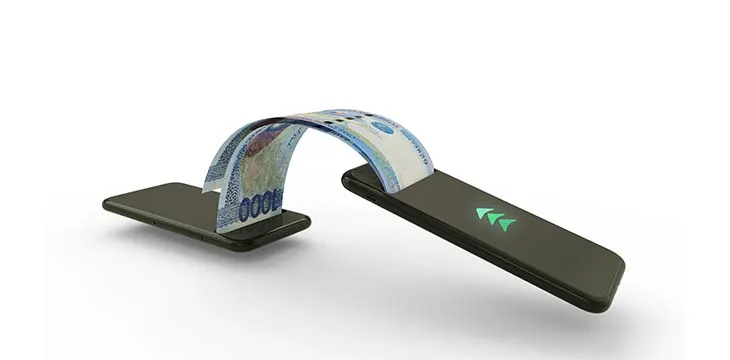|
Getting your Trinity Audio player ready...
|
Payments firm Maya has made a passionate call for users to consider using distributed ledger technology (DLT) for settling transactions. The Filipino digital payments company made the call through Pepe Torres, its Chief Marketing Officer, at the Franchise Asia Philippines 2022 virtual conference.
According to the Manila Standard, Torres reeled out the potential benefits that digital assets could offer to the population, including the promotion of financial inclusion and faster transaction times.
“So there is a lot of promises around the core technology behind cryptocurrency, which is blockchain, [as it] has a lot of promises in terms of international remittances, making it easier to buy goods and services around the world and also in terms of developing more secure and smart contracts for goods and services,” Torres said.
Torres backed up his statement by citing the Visa Consumer Payment Attitudes Survey on the growing appetite of the populace toward digital assets. He added that in the Philippines, 72% of respondents indicated a strong interest in utilizing digital assets, while a small demographic remained unsure over the emerging asset class.
Maya has been transitioning towards offering digital assets for its growing customer base. The firm’s app allows users to buy, hold, and sell leading virtual currencies like BTC and ETH on the platform. Maya also provides extensive learning materials to increase adoption rates for beginners and intermediate investors.
Commercial banks in the Philippines are also expanding their offerings to include foreign remittances with DLT to cut customer waiting times. Ripple Labs, issuers of XRP, and the Qatar National Bank launched a direct remittance service to the Philippines that will leverage RippleNet for commercial banks.
The state of digital assets in the Philippines
Digital assets in the Philippines are basking under the shade of progressive legislation, which experts believe could be the catalyst for wide adoption in the country. Presently, virtual currencies are legal in the Philippines, while the activities of service providers are regulated by the Bangko Sentral ng Pilipinas. The central bank has previously stated its belief in the potential of virtual currencies in improving financial service delivery and “to provide faster and economical transfer of funds, both domestic and international setting.”
Following the pandemic, thousands of Filipinos turned to play-to-earn platforms like Axie Infinity to augment their earnings. Metrics revealed that the Philippines’ activity on peer-to-peer digital exchanges reached new highs, but regulators remain wary over the potential for fraud and illicit activity.
Watch: The BSV Global Blockchain Convention presentation, LiteClient: Scaling Blockchain with Simplified Payment Verification

 07-03-2025
07-03-2025 





